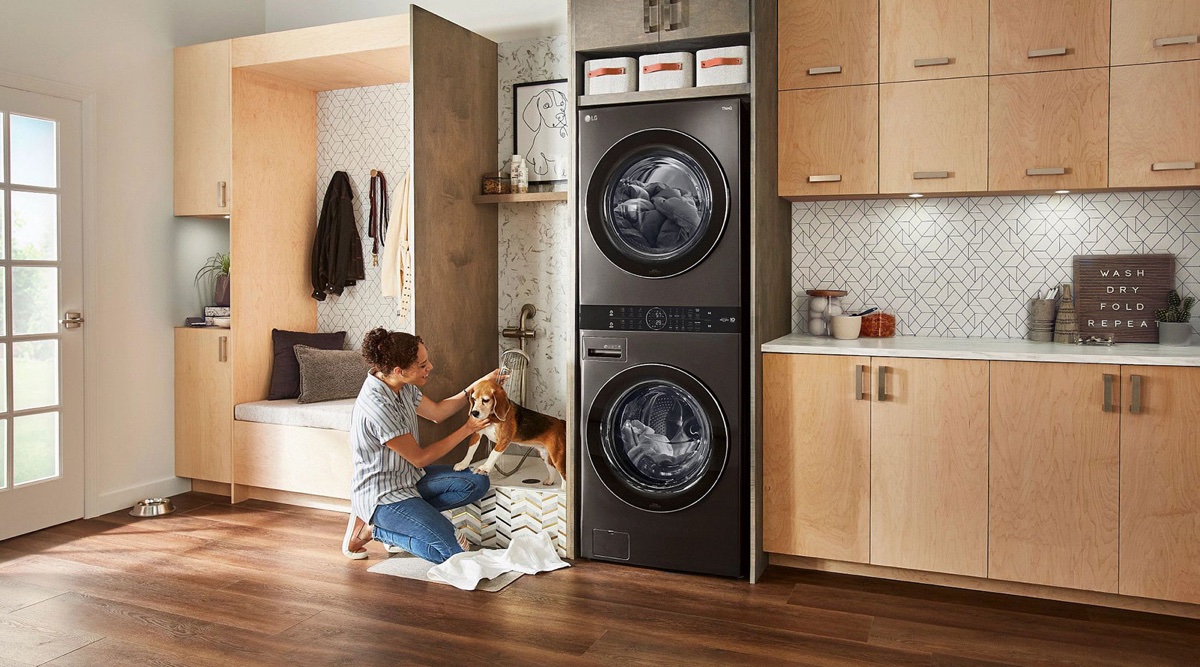

Articles
What Is The Best Washer And Dryer
Modified: November 1, 2024
Looking for articles on the best washer and dryer? Find expert reviews, comparisons, and buying guides to help you make the right choice for your laundry needs.
(Many of the links in this article redirect to a specific reviewed product. Your purchase of these products through affiliate links helps to generate commission for Storables.com, at no extra cost. Learn more)
What Is The Best Washer And Dryer
Choosing the best washer and dryer for your home is an important decision that can greatly impact your household chores and daily routine. With so many options available on the market, it can be overwhelming to determine which one is the right fit for your needs. In this article, we will explore the factors you should consider when buying a washer and dryer to help you make an informed decision.
1. Capacity: One of the key factors to consider is the capacity of the washer and dryer. Assessing the size of your laundry loads and the frequency of your laundry tasks will help determine the appropriate size for your needs. A larger capacity can handle bigger loads, saving you time and energy.
2. Top-Loading vs. Front-Loading: There are two main types of washing machines: top-loading and front-loading. Top-loading machines are generally more affordable and easier to load, while front-loading machines offer better energy efficiency and water usage. Consider your personal preferences and space limitations when choosing between the two.
3. Gas vs. Electric Dryers: Dryers are available in both gas and electric models. Gas dryers are more energy-efficient and can save you money in the long run, but they require a gas hookup. Electric dryers, on the other hand, are easier to install but might cost more in terms of energy consumption.
4. Energy Efficiency: Look for appliances with the ENERGY STAR label, indicating that they meet certain energy efficiency standards. Energy-efficient washers and dryers not only help reduce your environmental impact but can also save you money on your utility bills.
5. Add-on Features: Consider additional features that can enhance your laundry experience. Some popular options include steam-cleaning capabilities, delicate cycles for sensitive fabrics, and timer functions for delayed starts or wrinkle prevention.
6. Maintenance and Durability: Look for appliances that are known for their reliability and durability. Read reviews and check for warranties or customer support options to ensure that your investment will last for years to come.
7. Budget: Determine your budget and research appliances within that price range. Remember to consider the long-term savings that energy-efficient models can provide.
By considering these factors, you can narrow down your options and choose the best washer and dryer for your household. It’s important to prioritize your individual needs to find appliances that will make laundry day easier and more convenient. Happy shopping!
Key Takeaways:
- Choose a washer and dryer based on capacity, energy efficiency, and essential features to optimize your laundry routine and save on long-term costs.
- Prioritize maintenance, durability, and budget considerations to invest in reliable appliances that will streamline your laundry tasks and provide long-term value.
Read more: What Is The Best Brand Of Washer And Dryer
Introduction
Doing laundry is a necessary chore that we can’t escape from, but having the right washer and dryer can make the task much easier and more efficient. With advancements in technology and a wide range of options available, it can be overwhelming to choose the best washer and dryer for your home.
In this article, we will explore the key factors to consider when buying a washer and dryer and provide you with helpful tips to make an informed decision. From capacity and energy efficiency to maintenance and budgeting, we will cover all the essential aspects to help you find the perfect appliances that suit your needs and preferences.
When it comes to capacity, it’s important to assess your laundry needs. Consider factors like the size of your household, the frequency of your laundry tasks, and the types of items you typically wash. A larger capacity can handle bulky items like bedding or large loads of laundry, while a smaller capacity may suffice for individuals or smaller households.
Next, you’ll need to decide between a top-loading or front-loading washer. Top-loading washers are typically more affordable and easier to load and unload, while front-loading washers tend to be more energy-efficient and offer better cleaning performance. Consider your personal preferences and the available space in your laundry room when making this decision.
After considering the washer, it’s important to think about the dryer. You’ll need to choose between a gas or electric dryer. Gas dryers are more energy-efficient and cost-effective in the long run, but they require a gas hookup. Electric dryers are easier to install, but they may cost more to operate.
Energy efficiency is another important factor to consider. Look for appliances with the ENERGY STAR label, as they meet specific energy efficiency standards. Energy-efficient washers and dryers not only help reduce your environmental impact but can also save you money on your utility bills in the long run.
When researching different models, pay attention to add-on features that can enhance your laundry experience. Features like steam cleaning, delicate cycles for sensitive fabrics, and programmable timers can make your laundry routine more convenient and efficient.
Lastly, consider the maintenance and durability of the washer and dryer. Look for appliances known for their reliability and longevity. Check for warranties and customer support options to ensure that you’ll have assistance if any issues arise with your appliances.
Budgeting is another crucial aspect to consider. Determine your budget and research models within that price range. Keep in mind that energy-efficient models may have a higher upfront cost but can save you money in the long run.
Now that we have covered the key factors to consider when buying a washer and dryer, let’s delve deeper into each category and help you make an informed decision. By taking the time to evaluate your needs and considering the factors mentioned in this article, you’ll be well-equipped to find the best washer and dryer for your home.
Factors to Consider when Buying a Washer and Dryer
Investing in a new washer and dryer is a significant decision that can greatly impact your daily life. To ensure you make the right choice, it’s essential to consider several factors before making a purchase. Let’s explore the key factors you should keep in mind when buying a washer and dryer.
1. Capacity: The capacity of the washer and dryer is an important consideration. Assess your laundry needs based on the size of your household, the frequency of your laundry, and the types of items you typically wash. A larger capacity can handle bigger loads and save you time, while a smaller capacity might be more suitable for individuals or couples.
2. Top-Loading vs. Front-Loading: There are two main types of washing machines: top-loading and front-loading. Top-loading machines have a lid on the top and are generally more affordable, easier to use, and allow you to add clothes during the wash cycle. Front-loading machines, on the other hand, have a door on the front and tend to be more energy-efficient, provide better cleaning performance, and can save water.
3. Washer and Dryer Size: Consider the dimensions of the washer and dryer and ensure they will fit in your laundry space. Measure the available area carefully before making a purchase to avoid any installation issues. Keep in mind that front-loading machines typically require more space for their door to open.
4. Energy Efficiency: Look for washers and dryers that have earned the ENERGY STAR certification. These appliances meet specific energy-efficient standards, helping you save on energy bills while reducing your environmental footprint. Energy-efficient models use less water and electricity, making them a smart long-term investment.
5. Washing and Drying Cycles: Different models offer a variety of washing and drying cycles to accommodate different fabric types and levels of dirt and stains. Look for units that offer a range of cycle options such as delicate, heavy-duty, quick-wash, and steam cleaning. This flexibility allows you to cater to different garment requirements and enhance cleaning performance.
6. Noise Level: Consider the noise level emitted by the washer and dryer, especially if your laundry area is located near living spaces or bedrooms. Look for models that have noise reduction features or are known for operating quietly to minimize disturbance in your home.
7. Price and Budget: Set a budget for your washer and dryer purchase and explore options within that range. Remember to consider long-term savings that come with energy-efficient models, which may have a higher upfront cost but can help you save money on utility bills in the long run.
8. Reviews and Recommendations: Before finalizing your decision, research customer reviews and seek recommendations from friends or family who have already purchased washers and dryers. Their experiences can provide valuable insights and help you make an informed choice.
By considering these factors, you’ll be able to narrow down your options and find the perfect washer and dryer that suits your needs, budget, and lifestyle. Remember to take your time, compare different models, and choose the appliances that will make laundry tasks more efficient and enjoyable for years to come.
Top Brands of Washers and Dryers
When searching for the best washer and dryer, it’s essential to consider not only the features and specifications but also the reputation and reliability of the brand. Here are some of the top brands known for manufacturing high-quality washers and dryers:
- 1. Samsung: Samsung is a well-known brand that offers a wide range of home appliances, including washers and dryers. They are known for their innovative features, modern designs, and advanced washing and drying technologies. Samsung washers and dryers are known for their energy efficiency, durability, and excellent cleaning and drying performance.
- 2. LG: LG is another major player in the appliance market, manufacturing a variety of washing machines and dryers. LG washers and dryers are lauded for their cutting-edge technology, intuitive controls, and energy efficiency. They often feature smart functionalities, such as Wi-Fi connectivity and compatibility with virtual assistants, making laundry a breeze.
- 3. Whirlpool: Whirlpool is a reputable brand that has been around for decades. They offer a wide range of washers and dryers, catering to various budgets and needs. Whirlpool appliances are renowned for their reliability, durability, and excellent performance. They feature user-friendly interfaces, multiple cycle options, and advanced features to ensure efficient and effective laundry care.
- 4. Maytag: Maytag is a trusted name in the world of home appliances, known for its focus on durability and long-lasting performance. Maytag washers and dryers are designed to withstand heavy use and are often a top choice for households with large families or those who do laundry frequently. They offer a range of models with straightforward controls and convenient features to simplify your laundry routine.
- 5. Bosch: Bosch is a renowned brand that emphasizes sleek designs, advanced technology, and energy efficiency. Their washers and dryers are known for their quiet operation and exceptional cleaning and drying performance. Bosch appliances often incorporate features like eco-friendly modes, load sensors, and specialized cycle options to optimize efficiency and minimize water and energy consumption.
It’s important to note that while these brands are well-regarded, individual models within each brand may vary in terms of performance and features. Consider your specific needs, budget, and preferences when selecting a washer and dryer from any of these reputable manufacturers.
It’s also worth checking customer reviews, seeking recommendations, and comparing different models within each brand to ensure you find the perfect washer and dryer that meets your requirements. By choosing a reliable brand, you can have peace of mind knowing that you’re investing in a quality appliance that will serve you well for years to come.
Front-Loading vs. Top-Loading Washers: Which is Better?
When it comes to choosing a washer, one of the most common dilemmas is deciding between a front-loading and top-loading machine. Both types have their own advantages and considerations, so it’s important to understand their differences and determine which option is best suited for your needs. Let’s compare front-loading and top-loading washers to help you make an informed decision.
Read more: What To Look For In A Washer And Dryer
Front-Loading Washers
Advantages:
- Energy and Water Efficiency: Front-loading washers are known for their energy and water efficiency. They use less water and detergent, reducing the impact on both the environment and your utility bills.
- Better Cleaning Performance: Front-loading machines typically offer better cleaning performance compared to top-loading washers. They use tumbling action and gravity to lift and drop clothes, allowing detergent and water to penetrate the fabric more effectively.
- Higher Spin Speeds: Front-loading washers often have higher spin speeds, resulting in more efficient water extraction from clothes. This leads to shorter drying times and further energy savings.
- Stackable Design: Front-loading washers are often designed to be stackable with a matching dryer, making them an ideal choice for compact laundry spaces or for those looking to maximize vertical space.
Considerations:
- Higher Initial Cost: Front-loading washers tend to have a higher initial cost compared to top-loading washers. However, they may provide long-term savings through energy efficiency.
- Door Position: The door of a front-loading washer is located on the front, which means you need to bend down to load and unload laundry. This may be a concern for individuals with mobility issues.
- Potential for Odor and Mold: Front-loading washers can be prone to odor and mold issues if not properly maintained. It’s important to leave the door slightly ajar when not in use and periodically clean the drum and gasket to prevent buildup.
Top-Loading Washers
Advantages:
- Lower Initial Cost: Top-loading washers generally have a lower initial cost compared to front-loading models. If you’re on a tight budget, a top-loading washer may be a more affordable option.
- Easier to Load and Add Clothes: Top-loading washers allow you to add clothes during the wash cycle, making them more convenient if you frequently forget to add items after the cycle has started.
- Less Prone to Odor and Mold: Top-loading washers are less susceptible to odors and mold due to their design. The drum is exposed to air when not in use, preventing moisture from getting trapped and causing mold growth.
- No Bending Required: Since the door is located on the top, loading and unloading laundry is easier on the back and knees, as there’s no need to bend down.
Considerations:
- Lower Energy Efficiency: Top-loading washers typically use more water and energy compared to front-loading machines. However, newer models come with energy-saving features to mitigate this difference.
- Less Capacity: Top-loading washers often have a smaller capacity compared to front-loading washers. If you have large laundry loads, a top-loading machine may not be suitable.
- Agitator Concerns: Some top-loading models come with agitators, which may be more abrasive on certain fabrics or cause tangling. However, agitator-free models are also available.
Ultimately, the decision between a front-loading and top-loading washer depends on your laundry needs, budget, and personal preferences. Consider the factors mentioned above and prioritize what matters most to you, such as energy efficiency, cleaning performance, convenience, or upfront cost. By doing so, you’ll be able to choose the washer that suits your lifestyle and helps you achieve clean and fresh laundry every time.
Gas vs. Electric Dryers: Pros and Cons
When it comes to choosing a dryer, one of the primary considerations is whether to opt for a gas or electric model. Both types have their own advantages and considerations, so it’s important to understand their differences and determine which option is best suited for your needs. Let’s compare the pros and cons of gas and electric dryers to help you make an informed decision.
Gas Dryers
Pros:
- Energy Efficiency: Gas dryers are generally more energy-efficient than their electric counterparts. Gas models heat up faster and can dry clothes more quickly, resulting in shorter drying cycles and reduced energy consumption.
- Lower Operating Costs: Although gas dryers may have a higher upfront cost, they tend to be more cost-effective in the long run. The lower cost of natural gas compared to electricity can result in significant savings on your utility bills over time.
- Less Wear and Tear on Clothes: Gas dryers tend to generate gentler heat, which can be beneficial for delicate fabrics. The lower drying temperatures help minimize the risk of damage to clothes, extending their lifespan.
Cons:
- Higher Initial Cost: Gas dryers typically have a higher upfront cost compared to electric dryers. You will need to consider this factor when budgeting for your purchase.
- Gas Line Installation: Installing a gas dryer requires a gas line connection. If your laundry area doesn’t already have a gas hookup, you will incur additional installation costs for the line.
- Availability and Accessibility: Natural gas may not be readily available in all areas. Before opting for a gas dryer, ensure that a reliable gas supply is accessible in your location.
Read more: What Is A Smart Washer And Dryer
Electric Dryers
Pros:
- Lower Initial Cost: Electric dryers are generally more affordable upfront compared to gas dryers. If you have budget constraints, an electric model may be a more budget-friendly option.
- Easy Installation: Electric dryers are easy to install since they only require an electrical outlet. As long as you have a standard outlet nearby, you can simply plug in the dryer without the need for additional installation expenses.
- Wider Availability: Electric dryers are widely available and accessible since electrical outlets are present in most households.
Cons:
- Higher Operating Costs: Electric dryers tend to have higher operating costs compared to gas dryers. They typically take longer to heat up, resulting in longer drying cycles and increased energy consumption.
- Potential for Overdrying: Electric dryers can generate higher drying temperatures, which may pose a risk of overdrying certain delicate fabrics, leading to shrinkage or damage. However, modern electric dryers offer various sensors and moisture control features to mitigate this concern.
- Impact on Sustainability: Electric dryers contribute to higher electricity usage. If you’re concerned about reducing your carbon footprint, a gas dryer may be a more environmentally friendly choice.
Choosing between gas and electric dryers ultimately depends on your specific circumstances and priorities. Consider factors such as energy efficiency, operating costs, availability of gas supply, installation requirements, and initial budget. By weighing these pros and cons, you’ll be able to make an informed decision and select the dryer that best fits your needs and aligns with your preferences.
Washer and Dryer Capacity: Finding the Right Size for Your Needs
When shopping for a washer and dryer, one crucial factor to consider is the capacity of the appliances. The capacity refers to the amount of laundry that the washer or dryer can handle in a single cycle. Choosing the right capacity is essential to ensure efficiency and convenience in your laundry routine. Let’s explore how to determine the appropriate size for your needs.
Assess Your Laundry Needs:
Start by assessing your laundry needs and habits. Consider factors such as the size of your household, the number of people using the appliances, and the frequency of your laundry tasks. Understanding your typical laundry load will help you determine the appropriate size of the washer and dryer.
Washer Capacity:
Washer capacity is typically measured in cubic feet (cu. ft.). As a general guideline, a 4 to 4.5 cu. ft. washer can accommodate about 12-16 pounds of laundry, which is suitable for couples or individuals. For small families, a washer with a capacity of 4.6 to 5.2 cu. ft. can handle laundry loads of 16-22 pounds. Larger families may require a washer with a capacity of 5.3 cu. ft. or more to handle heavier loads.
Keep in mind that overloading a washer can result in poor cleaning performance and potential damage to the machine. It’s recommended to leave some extra space in the washer drum to allow clothes to move freely during the wash cycle, ensuring optimal cleaning results.
Dryer Capacity:
Dryer capacity is also measured in cubic feet (cu. ft.). In general, a dryer should have a capacity that matches or slightly exceeds the capacity of the washer. This allows for effective drying without overcrowding the dryer drum.
It’s important to note that the drying capacity can vary depending on the type of fabric and the desired level of dryness. For example, bulky items like comforters may require a larger capacity to ensure thorough and even drying. Consider the types of items you frequently dry and choose a dryer capacity that can accommodate them comfortably.
Space Considerations:
In addition to laundry needs, consider the available space in your laundry area. Measure the dimensions of the space where the washer and dryer will be installed to ensure a proper fit. Keep in mind that front-loading machines typically require more space for the door to open fully.
If space is limited, compact or stackable washer and dryer sets can be a great option. These models are designed to fit into smaller spaces, making them ideal for apartments or laundry closets.
Final Thoughts:
Choosing the right capacity for your washer and dryer is essential to ensure efficient and effective laundry care. Assess your laundry needs, consider the size of your household, and evaluate your available space. Take into account the recommendations for washer and dryer capacities based on the weight of laundry, and choose appliances that offer the right balance for your needs.
Remember, selecting the appropriate capacity will not only ensure that your laundry is cleaned and dried effectively but will also help optimize energy efficiency and prevent overloading your appliances. Take your time to find the perfect washer and dryer capacity that will make your laundry routine a breeze.
Energy Efficiency and Water Usage: Choosing an Environmentally Friendly Option
When choosing a washer and dryer, it’s not only important to consider their performance but also their impact on the environment. Opting for energy-efficient and water-saving appliances can help reduce your carbon footprint and lower your utility bills. Let’s explore how to choose an environmentally friendly option by considering energy efficiency and water usage.
Energy Efficiency:
Look for appliances that are certified as energy-efficient, such as those with the ENERGY STAR label. Energy-efficient washers and dryers are designed to use less electricity or gas during operation, resulting in lower energy consumption and reduced greenhouse gas emissions.
Energy-efficient washers often feature advanced technologies, such as sensors that detect load size and adjust water and energy usage accordingly. They may also have options for shorter wash cycles or eco-friendly modes that consume less energy without compromising cleaning performance.
Choosing an energy-efficient dryer is equally important. Look for models with features like moisture sensors that can detect when clothes are dry and automatically shut off the machine, preventing over-drying and unnecessary energy usage.
Water Usage:
Conserving water is crucial for environmentally friendly laundry. Traditional top-loading washers tend to use more water than front-loading models, so opting for a front-loading washer is a great way to reduce water consumption.
Front-loading washers use gravity and tumbling action to move clothes through a smaller amount of water, resulting in significant water savings. They typically have higher spin speeds, which extract more water from clothes, reducing drying times and conserving energy as well.
Some newer top-loading washers also offer water-saving features, such as load-sensing technology that adjusts the water level based on the size of the load. These models can be more efficient than older, less water-conscious designs.
It’s worth noting that selecting appropriate load sizes can further enhance water efficiency. Avoid washing small loads in a large-capacity machine as this wastes both water and energy. Instead, aim to fill the drum to a suitable level or use the machine’s half-load or eco-friendly options, if available.
Additional Tips:
Aside from choosing energy-efficient and water-saving appliances, here are a few additional tips to make your laundry routine more environmentally friendly:
- Cold Water Washing: The majority of energy used during laundry comes from heating the water. Consider washing clothes in cold water whenever possible. Cold-water detergents are designed to effectively clean clothing without the need for hot water.
- Full Loads: Maximize the capacity of your washer while avoiding overloading, as this can reduce cleaning efficiency. Washing full loads or utilizing the appropriate load setting can help conserve water and energy.
- Air Drying: Whenever feasible, air-drying your clothes instead of using a dryer can save energy. Hang garments on a drying rack or clothesline to reduce energy consumption and extend the lifespan of your clothing.
- Maintenance: Regularly clean and maintain your washer and dryer to ensure optimal performance. Clean the lint filter in your dryer after each use to promote efficient airflow and prevent energy waste.
By choosing energy-efficient appliances and adopting sustainable laundry practices, you can make a positive impact on the environment while saving on energy and water costs. Consider energy efficiency ratings, water-saving technologies, and mindful laundry habits when selecting your washer and dryer, and take small steps to reduce your environmental footprint with each load of laundry.
When looking for the best washer and dryer, consider the capacity, energy efficiency, and special features like steam cleaning or allergen cycles. Look for reliable brands with good customer reviews.
Additional Features to Look for in a Washer and Dryer
When selecting a washer and dryer, there are several additional features and functionalities to consider. These features can enhance your laundry experience, provide convenience, and cater to specific garment care needs. Let’s explore some of the top features to look for in a washer and dryer.
1. Steam Cleaning: Many modern washers and dryers offer steam cleaning capabilities. Steam can help remove tough stains, sanitize fabrics, and reduce wrinkles. This feature is particularly beneficial for households with young children, individuals with allergies, or those who want to extend the longevity of their clothing.
2. Delay Start: A delay start function allows you to set your washer or dryer to start the cycle at a later time. This can be convenient when you want your laundry to be finished at a specific time or to take advantage of off-peak electricity hours. It also allows you to schedule laundry cycles when you’re away from home.
3. Quick Wash/Dry: If you’re short on time or need to refresh a small load, look for washers and dryers that offer quick wash or quick dry cycles. These cycles help save time by completing the laundry process in a shorter period, without compromising cleaning or drying performance.
4. Specialty Cycles: Some washers come with specialty cycles tailored for specific fabric types or specific types of laundry, such as bedding, athletic wear, or baby clothes. These cycles adjust the temperature, agitation, and spin settings to ensure proper care for different garments while optimizing cleaning performance.
5. Allergen Removal: For individuals with allergies or sensitive skin, consider a washer and dryer that offers allergen removal cycles. These cycles use higher temperatures and longer wash or dry times to effectively remove allergens, such as pollen, pet dander, or dust mites, from your clothing and bedding.
6. Wi-Fi Connectivity and Smart Features: Some modern washers and dryers come equipped with Wi-Fi connectivity and smart features. These appliances can be controlled remotely using your smartphone or integrated with virtual assistants like Amazon Alexa or Google Assistant. Smart features allow you to monitor and control your laundry cycles, receive notifications, and access additional functionality for a more connected and convenient laundry experience.
7. Sensor Technology: Washers and dryers with sensor technology can automatically detect the moisture or dirt level in your laundry and adjust the cycle accordingly. This helps prevent over-drying, saves energy, and ensures optimal cleaning and drying results.
8. Noise Reduction: Look for washers and dryers that are designed with noise reduction features. These features can help minimize vibration and noise during operation, making your laundry environment quieter and more comfortable, especially if your machines are located near living spaces or bedrooms.
9. Child Lock: If you have young children at home, a child lock feature can prevent accidental interruptions or changes to your laundry cycles. This feature offers peace of mind, ensuring that your settings remain secure.
10. Self-Cleaning Drum: Consider washers and dryers with self-cleaning capabilities. These machines have features that remove residue, bacteria, and odors from the drum, reducing the need for manual cleaning and helping to maintain the hygiene and longevity of your appliances.
Consider your specific needs and preferences when evaluating additional features. While these features can enhance your laundry experience, it’s important to prioritize the ones that align with your lifestyle and will truly make a difference in your daily routine. By selecting a washer and dryer with the right combination of features, you can create a custom laundry solution that caters to your unique needs.
Maintenance and Longevity: Ensuring the Durability of Your Appliances
Investing in a washer and dryer is a significant decision, and you want to ensure that your appliances will last. Proper maintenance and care are key to keeping your washer and dryer in top condition and maximizing their lifespan. Here are some tips to help you ensure the durability of your appliances.
1. Read the Manufacturer’s Manual:
Before using your washer and dryer, carefully read the manufacturer’s manual. This will provide important information about installation requirements, operating instructions, and maintenance guidelines specific to your appliances. Familiarize yourself with these guidelines to ensure you’re using and caring for your machines properly.
2. Regular Cleaning:
Regular cleaning is essential for maintaining the performance and longevity of your washer and dryer. After each use, wipe down the surfaces of the appliances with a damp cloth to remove any detergent or fabric softener residue. Additionally:
- Washer: Clean the detergent dispenser and the rubber gasket around the door regularly to prevent mold or mildew buildup. Run a cleaning cycle periodically using hot water, vinegar, or a washing machine cleaner to remove any hidden residue.
- Dryer: Clean the lint filter before or after every use to maximize airflow and prevent lint buildup. Empty the dryer exhaust vent regularly to ensure proper ventilation and reduce the risk of fire hazards.
3. Avoid Overloading:
Overloading your washer or dryer can cause strain on the machine’s components and reduce efficiency. Follow the manufacturer’s recommendations for load capacity and avoid cramming too many clothes into each cycle. This helps prevent excessive wear and tear and promotes optimal performance.
4. Balance Loads:
Ensure that the load in your washer is well-balanced before starting the cycle. Imbalanced loads can cause unnecessary vibrations and put strain on the machine’s motor and other components. If your washer has an imbalance detection feature, it will automatically adjust the load during the cycle.
5. Use the Right Detergent:
Using the appropriate detergent for your washer is crucial. Use high-quality detergent that is specifically formulated for your machine and the type of fabric being washed. Avoid using excessive amounts of detergent as it can leave residue and lead to poor cleaning performance or even damage the machine over time.
6. Check and Replace Parts as Needed:
Regularly inspect your washer and dryer for any signs of wear or damage. Check hoses, seals, and connections for leaks or cracks. Replace any damaged or worn-out parts promptly to prevent further damage and ensure the longevity of your appliances.
7. Professional Maintenance:
Consider scheduling professional maintenance for your washer and dryer at regular intervals. Professional technicians can inspect, clean, and service your appliances to keep them running smoothly and detect any potential issues before they become major problems.
8. Ventilation and Airflow:
Ensure that your dryer has proper ventilation to prevent overheating and increase efficiency. Clear any obstructions from the exhaust vent and ensure it is vented outdoors. Keep the area around the machines free from clutter to allow for proper airflow and prevent overheating.
By following these maintenance tips, you can help extend the lifespan of your washer and dryer and ensure their optimal performance for many years to come. Regular cleaning, proper usage, and prompt repairs are essential for preserving the longevity of your appliances and getting the most out of your investment.
Budgeting for a Washer and Dryer: How Much Should You Spend?
When it comes to purchasing a new washer and dryer, setting a budget is an important step. The cost of these appliances can vary widely depending on the brand, features, capacity, and energy efficiency. Determining how much you should spend requires careful consideration of your needs and priorities. Here are some factors to consider when budgeting for a washer and dryer.
1. Set a Reasonable Range:
Start by setting a reasonable budget range that aligns with your financial situation and laundry needs. Consider the average price range for washers and dryers in the market and aim to stay within that range.
2. Assess Your Laundry Needs:
Consider your laundry requirements and the frequency of use. If you have a large family or do laundry on a daily basis, investing in higher-quality, more durable appliances may be a wise choice. On the other hand, if you live alone or have minimal laundry needs, you may be able to opt for a more budget-friendly option.
3. Determine Essential Features:
Identify the essential features you need in a washer and dryer. While advanced features can enhance your laundry experience, they may come with a higher price tag. Prioritize the features that are most important to you and consider if they are worth the additional cost.
4. Energy Efficiency:
Take into account the long-term savings that come with energy-efficient appliances. While energy-efficient models may have a higher upfront cost, they can save you money on utility bills over time. Calculate the potential savings and factor that into your budget.
5. Research Brands and Models:
Research different brands and models to get an idea of their price ranges. Read reviews and compare the features and performance of different options. Look for reputable brands known for their quality and reliability.
6. Consider the Total Cost:
When budgeting, consider the total cost of purchasing a washer and dryer, including any additional expenses such as delivery, installation, and extended warranties. These costs can add up, so account for them in your budget to avoid any surprises.
7. Look for Sales and Discounts:
Take advantage of sales, discounts, and promotions to get the best deal on your washer and dryer. Check for upcoming holidays or seasonal sales when appliances tend to be discounted. Additionally, consider shopping during clearance sales or for floor models to get good-quality appliances at a lower price.
8. Compare Prices:
Visit multiple retailers and compare prices to ensure you’re getting the best value for your budget. Don’t forget to consider the warranty and customer support offered by different retailers, as these can impact the overall value of your purchase.
9. Quality and Durability:
Avoid compromising on quality and durability to save money in the short term. Investing in a reliable and well-built washer and dryer can save you money on repairs and replacements in the long run.
Remember, the cost of a washer and dryer is an investment in the efficiency and convenience of your laundry routine. Consider your long-term needs, budget constraints, and desired features to determine a reasonable amount that meets your requirements.
Ultimately, balancing your budget and laundry needs will help you find the right washer and dryer that offers the best value for your money.
Conclusion
Choosing the best washer and dryer for your home is an important decision that can greatly impact your laundry routine and overall household efficiency. By considering various factors, you can make an informed decision that meets your needs, budget, and environmental goals.
Start by assessing your laundry requirements and determining the appropriate capacity for your washer and dryer. Consider the size of your household, the types of fabrics you regularly wash, and the frequency of your laundry tasks. This will help ensure that you choose appliances that can handle your laundry loads efficiently.
Next, decide between front-loading and top-loading washers based on factors such as energy efficiency, ease of use, and space limitations. Consider whether a gas or electric dryer would be more suitable for your home, taking into account energy efficiency and operating costs.
Take into consideration the additional features that can enhance your laundry experience. Features like steam cleaning, specialty cycles, and smart technology can provide convenience and optimize cleaning and drying performance. However, prioritize the features that are truly essential for your specific needs and budget.
It’s important to remember that maintenance plays a critical role in ensuring the longevity of your washer and dryer. Regular cleaning and proper usage, along with prompt repairs and professional maintenance when needed, will help keep your appliances running smoothly for years to come.
Set a reasonable budget range based on your financial situation and laundry needs. Consider the long-term savings potential of energy-efficient models and look for sales, discounts, and promotions to get the best value for your investment.
In conclusion, finding the best washer and dryer involves a careful consideration of capacity, energy efficiency, additional features, durability, and budget. Take the time to research and compare different models, read customer reviews, and seek recommendations to ensure you make an informed decision.
By choosing the right washer and dryer for your home, you can streamline your laundry routine, save energy and water, and enjoy clean and fresh clothes with ease. Whether you prioritize energy efficiency, durability, or convenience, finding the perfect appliances that suit your needs will contribute to a more efficient and enjoyable laundry experience. Happy shopping!
Frequently Asked Questions about What Is The Best Washer And Dryer
Was this page helpful?
At Storables.com, we guarantee accurate and reliable information. Our content, validated by Expert Board Contributors, is crafted following stringent Editorial Policies. We're committed to providing you with well-researched, expert-backed insights for all your informational needs.
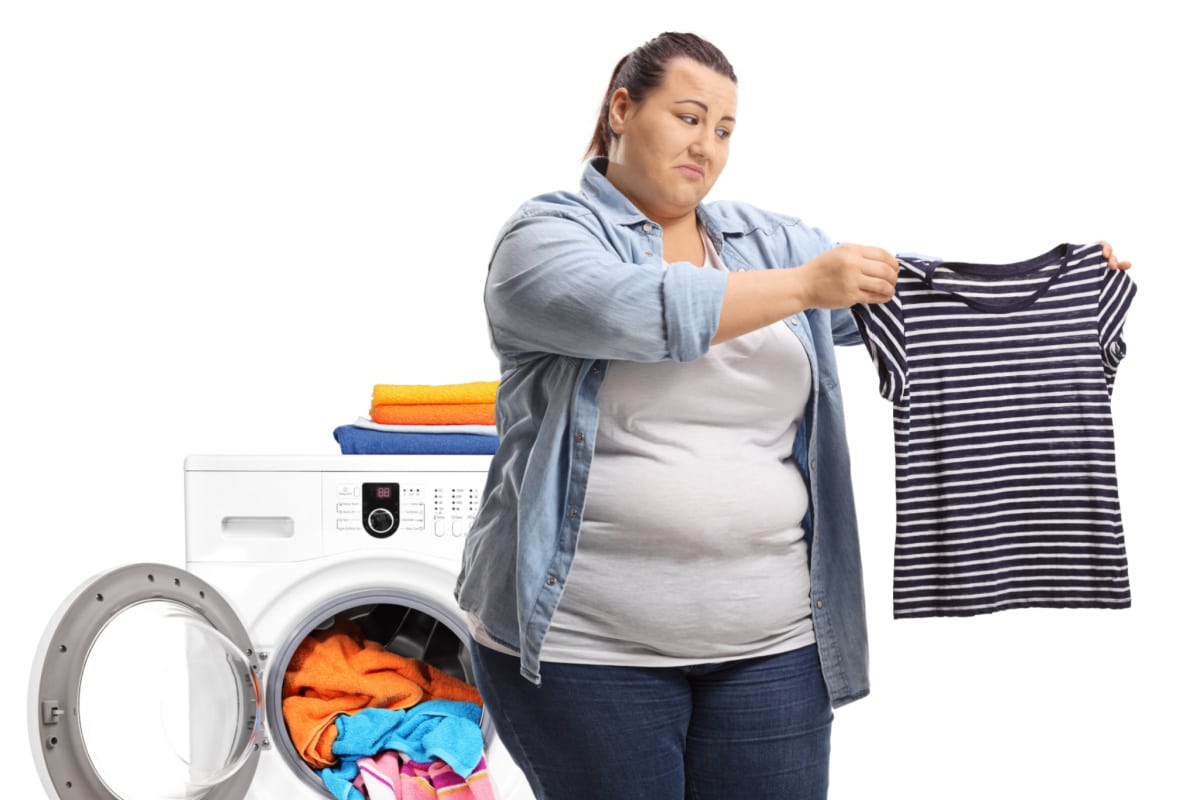
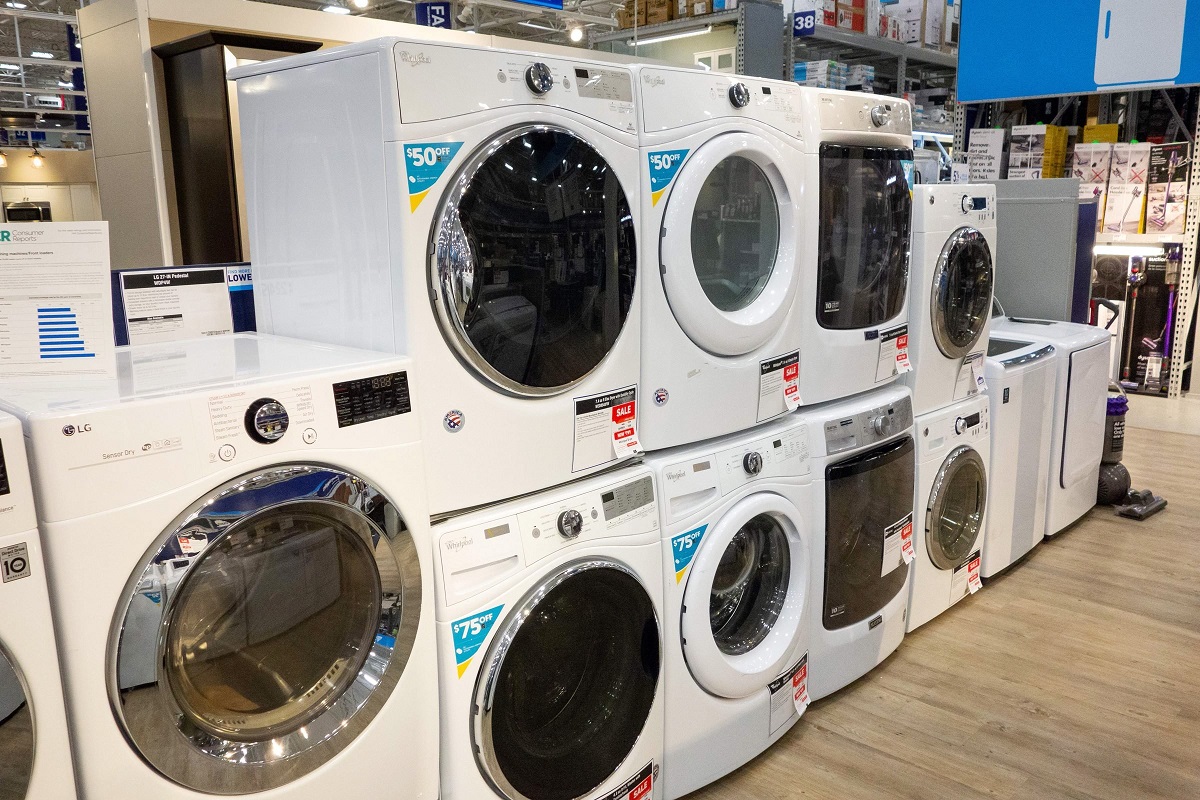
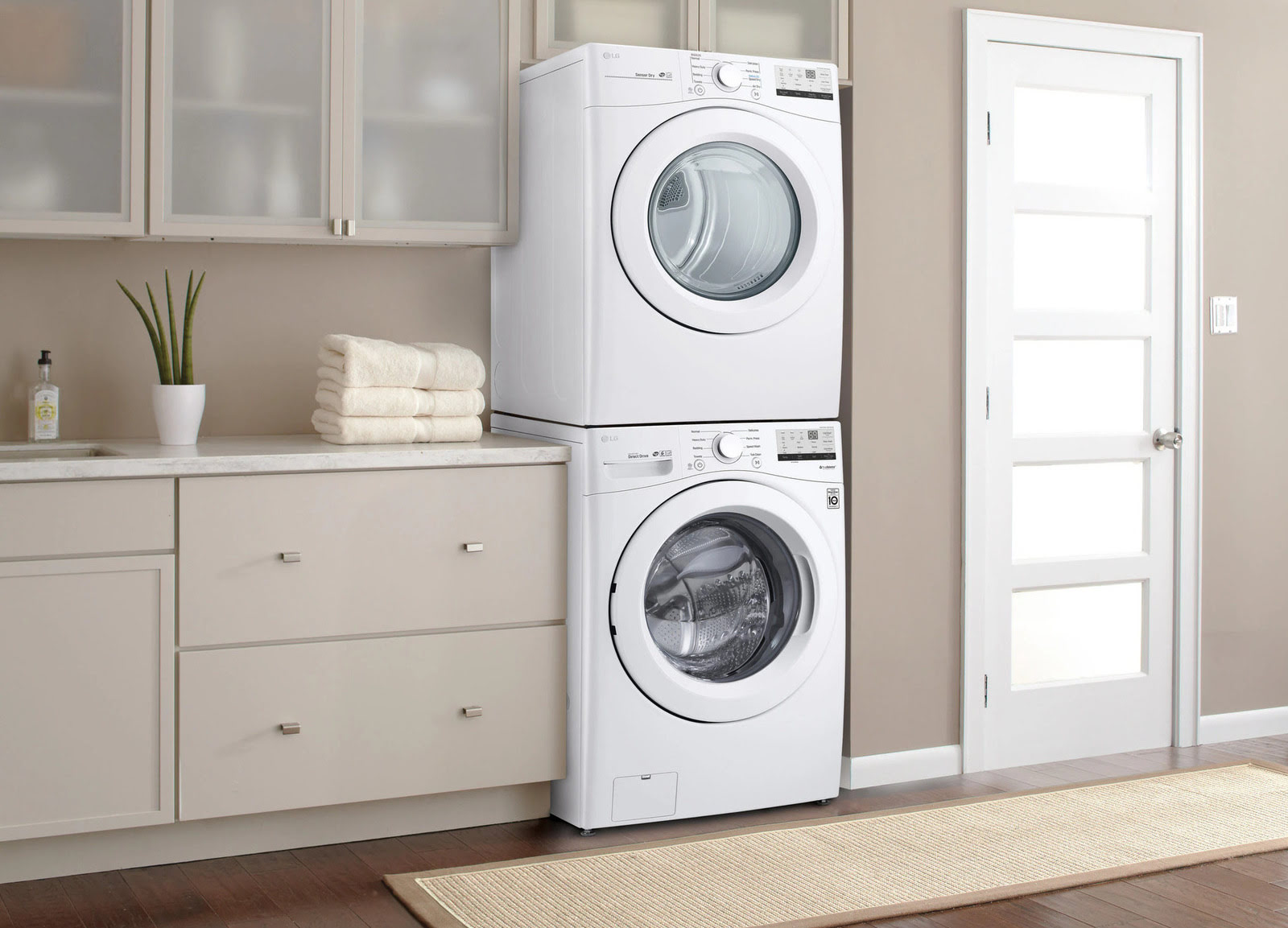
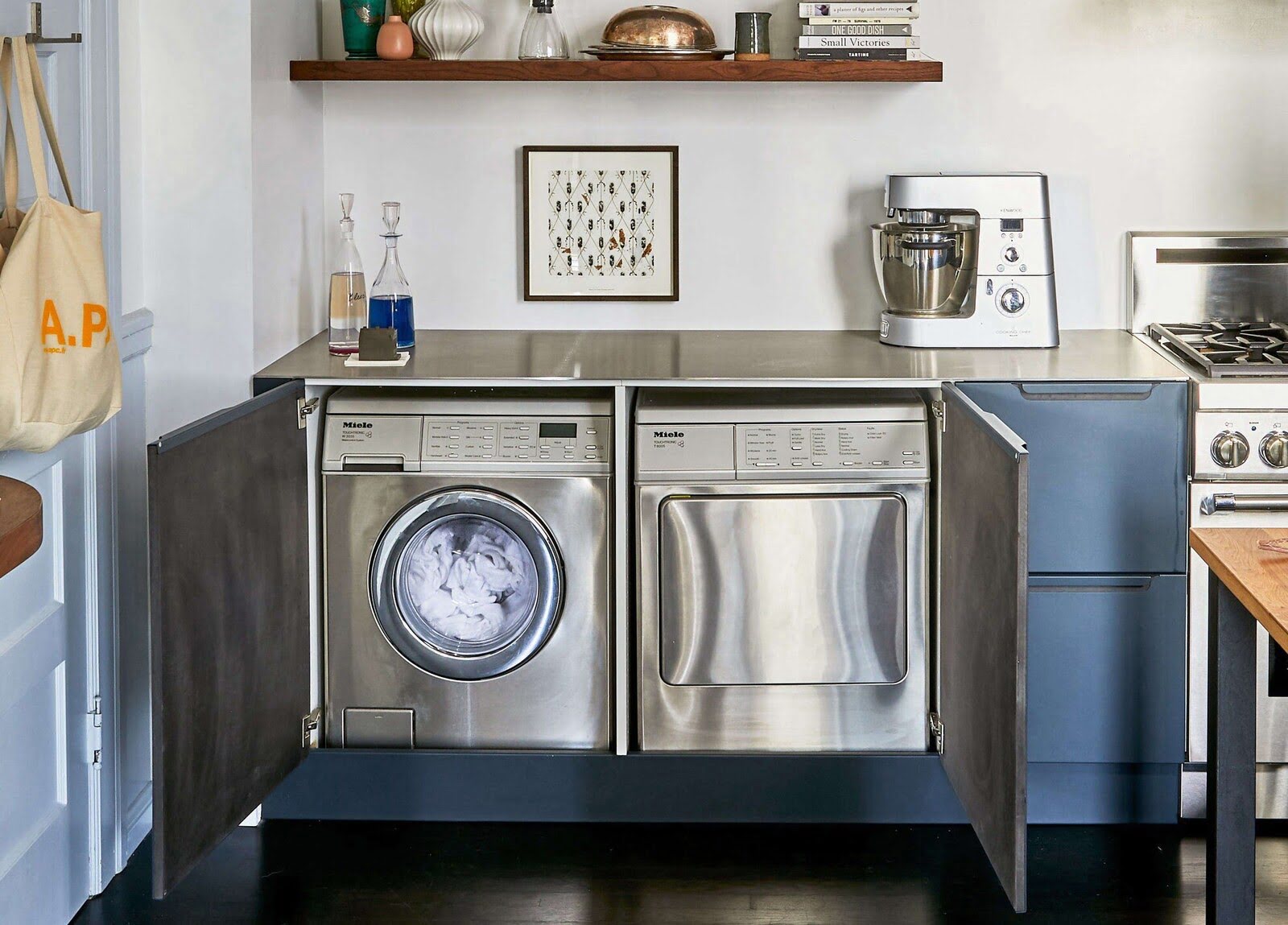
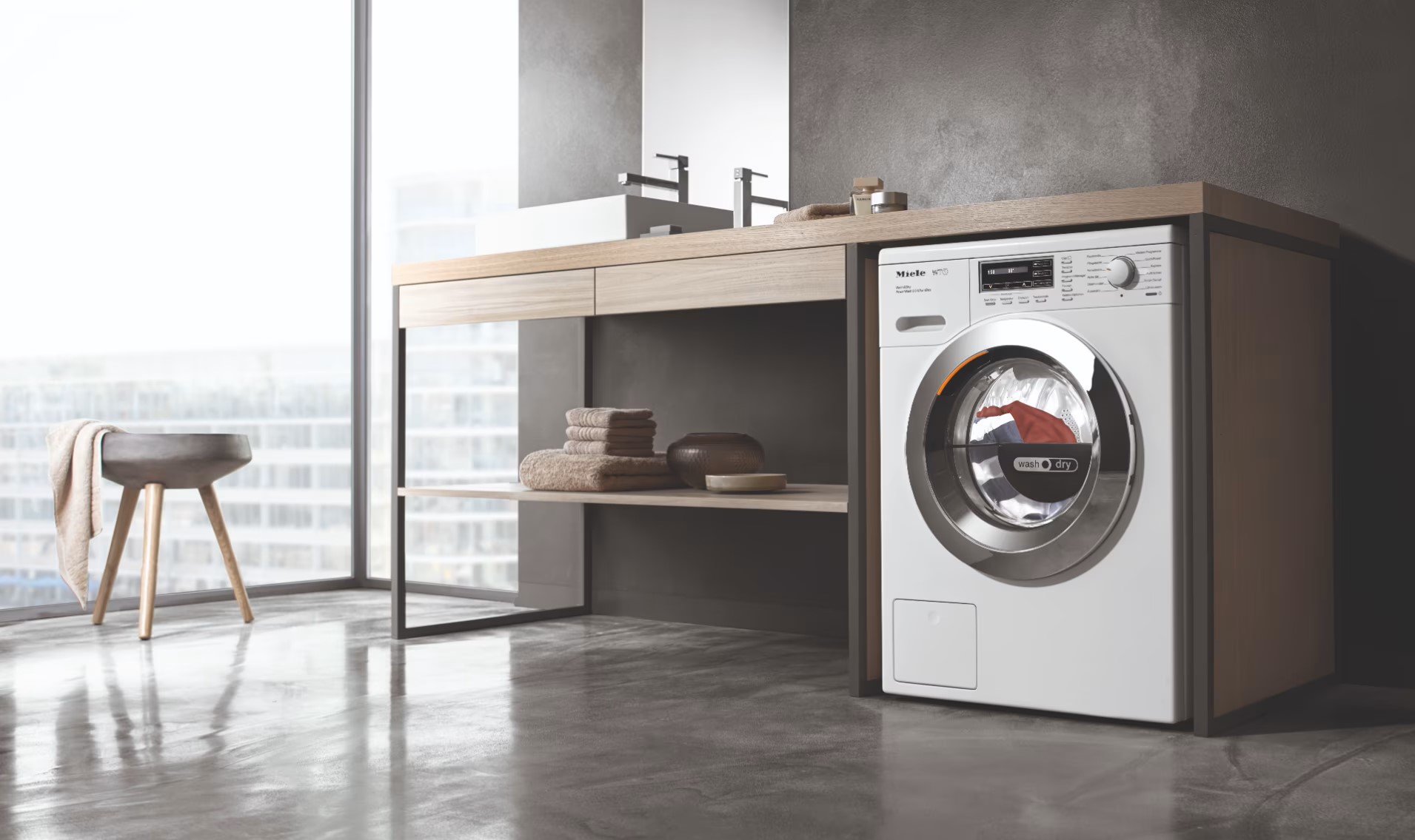
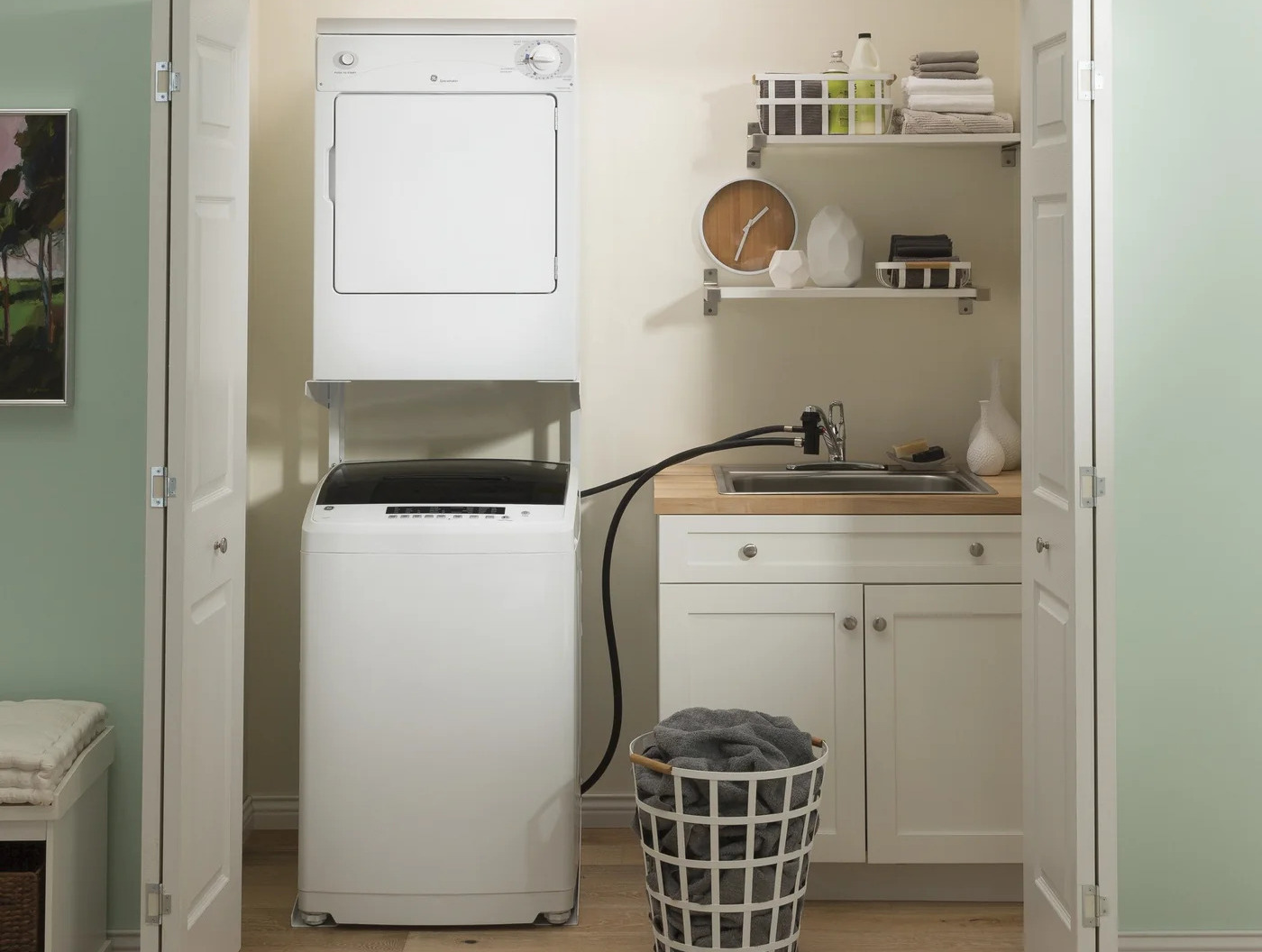
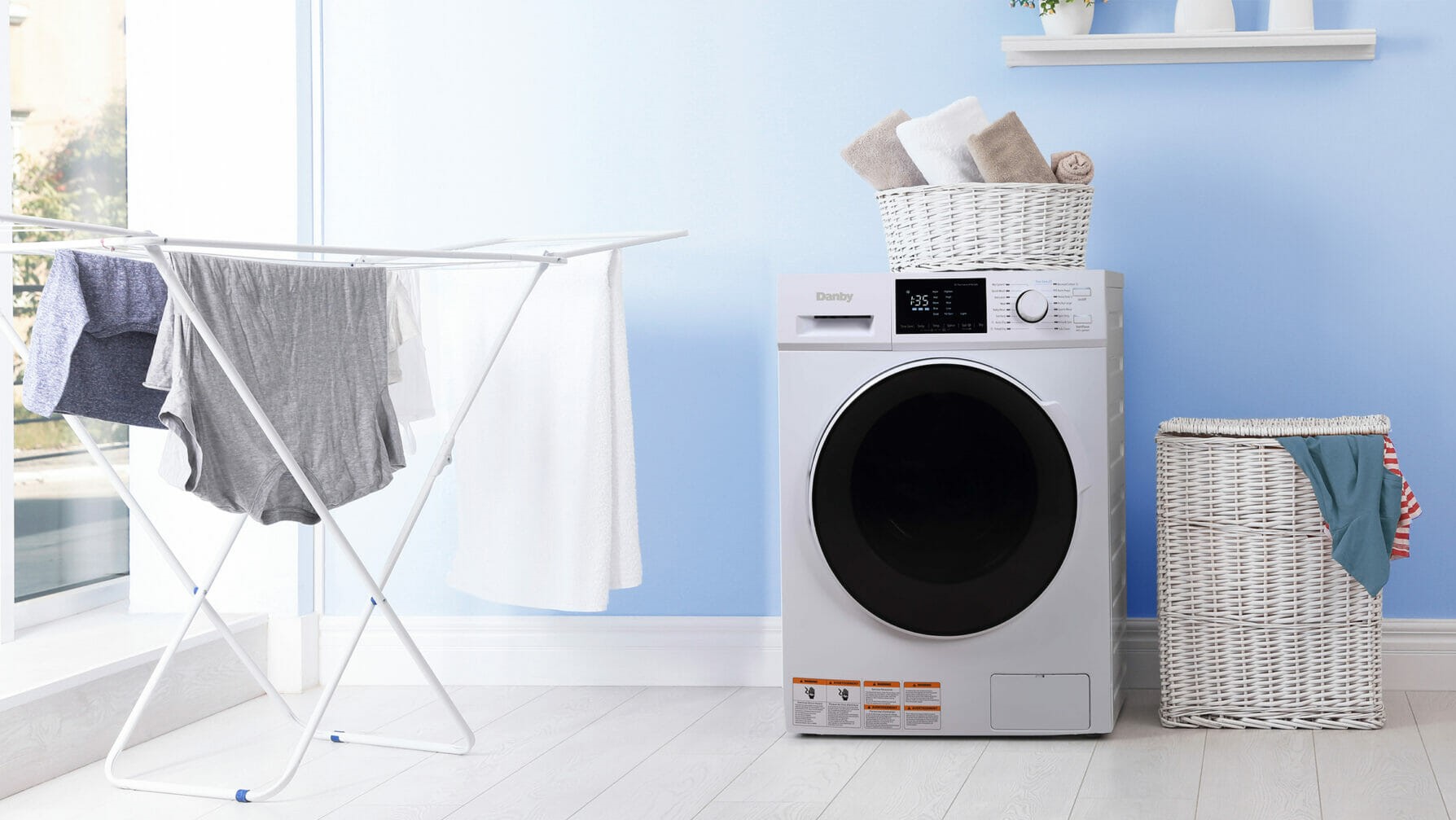
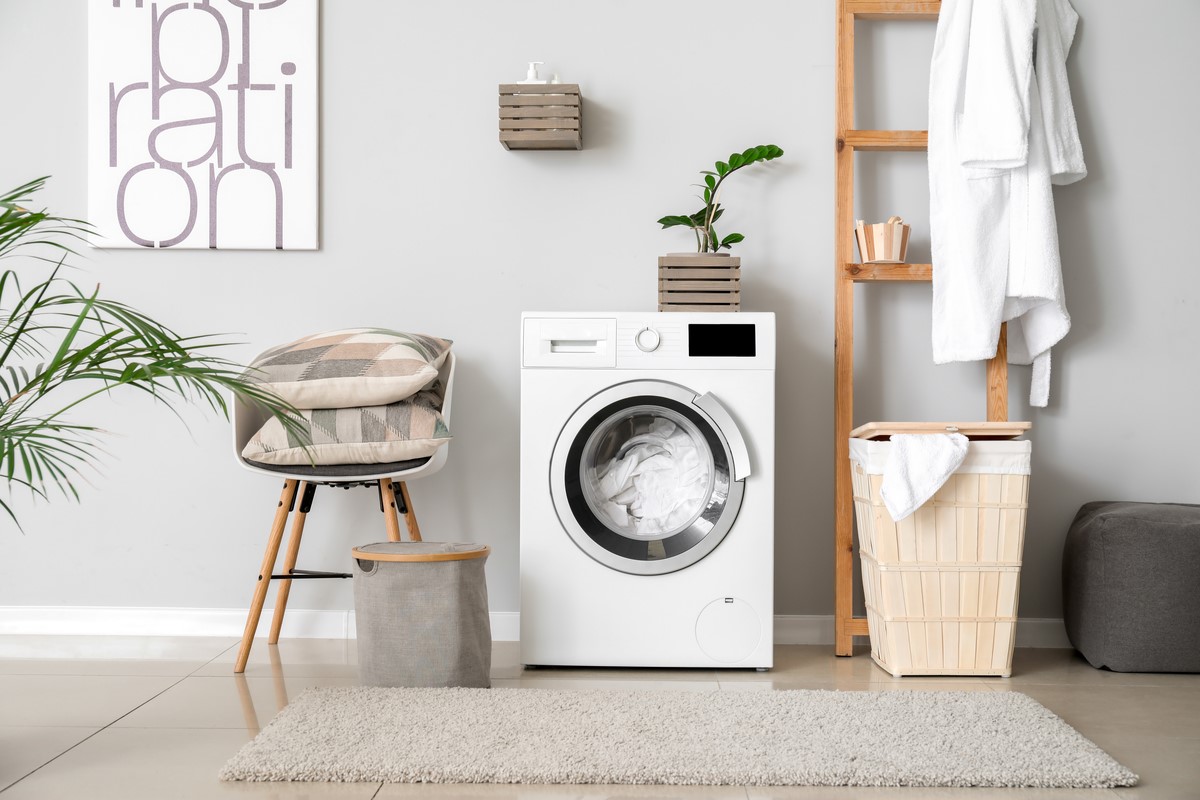
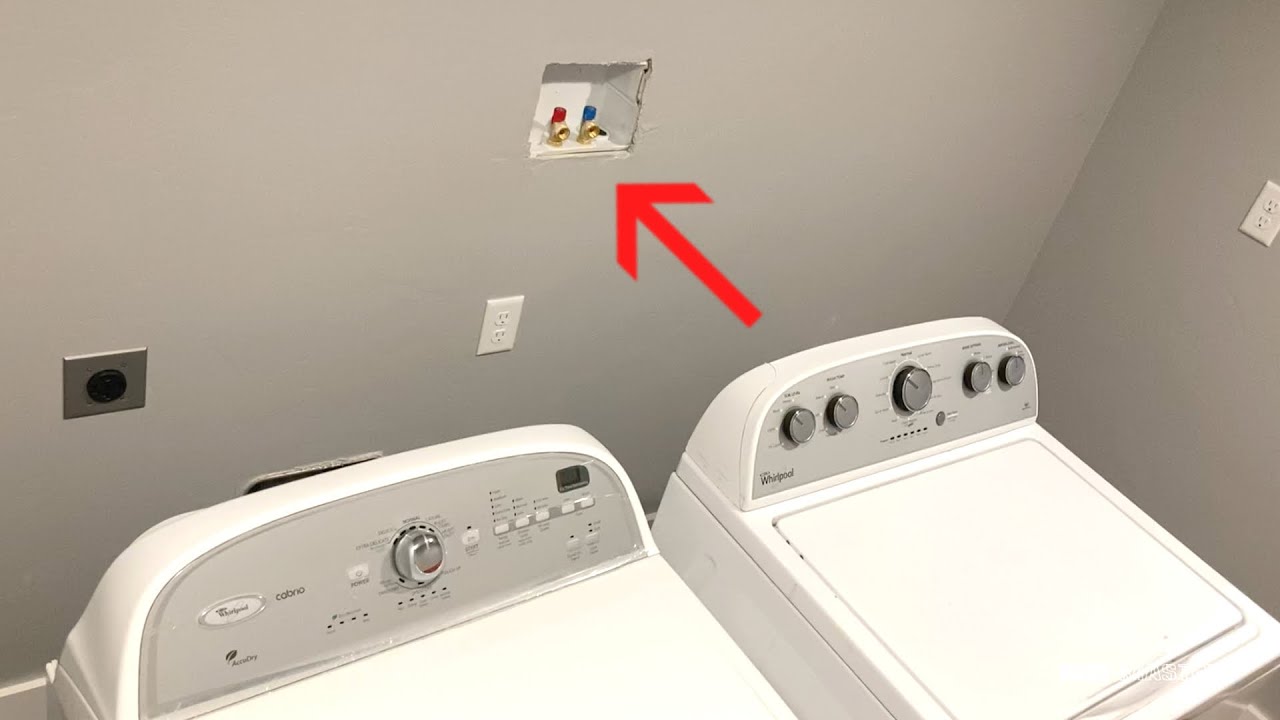
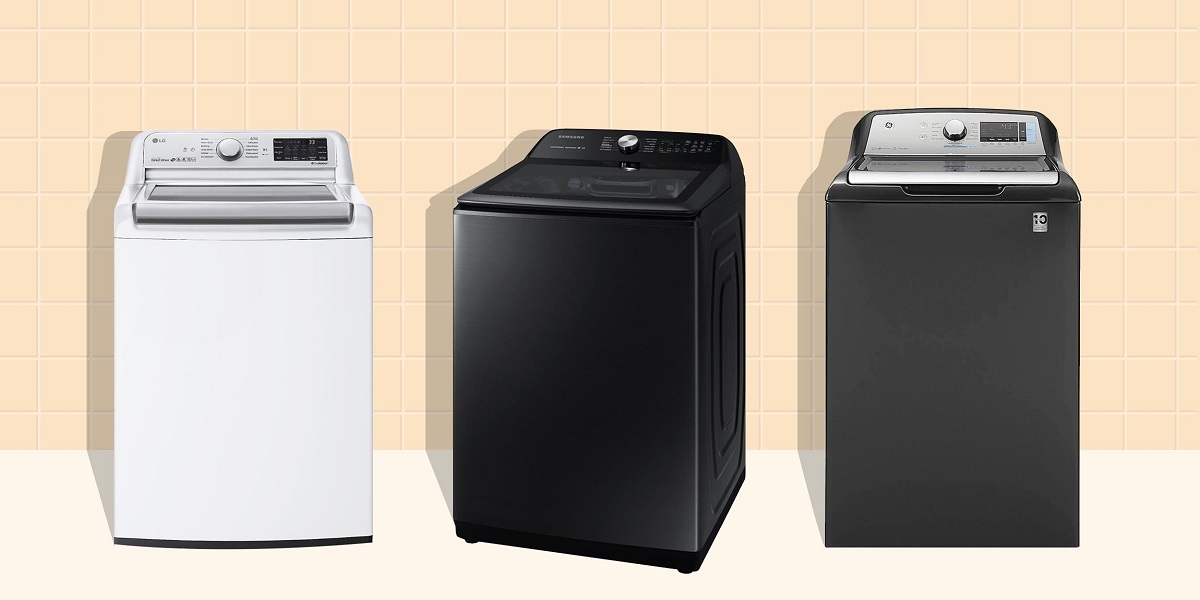
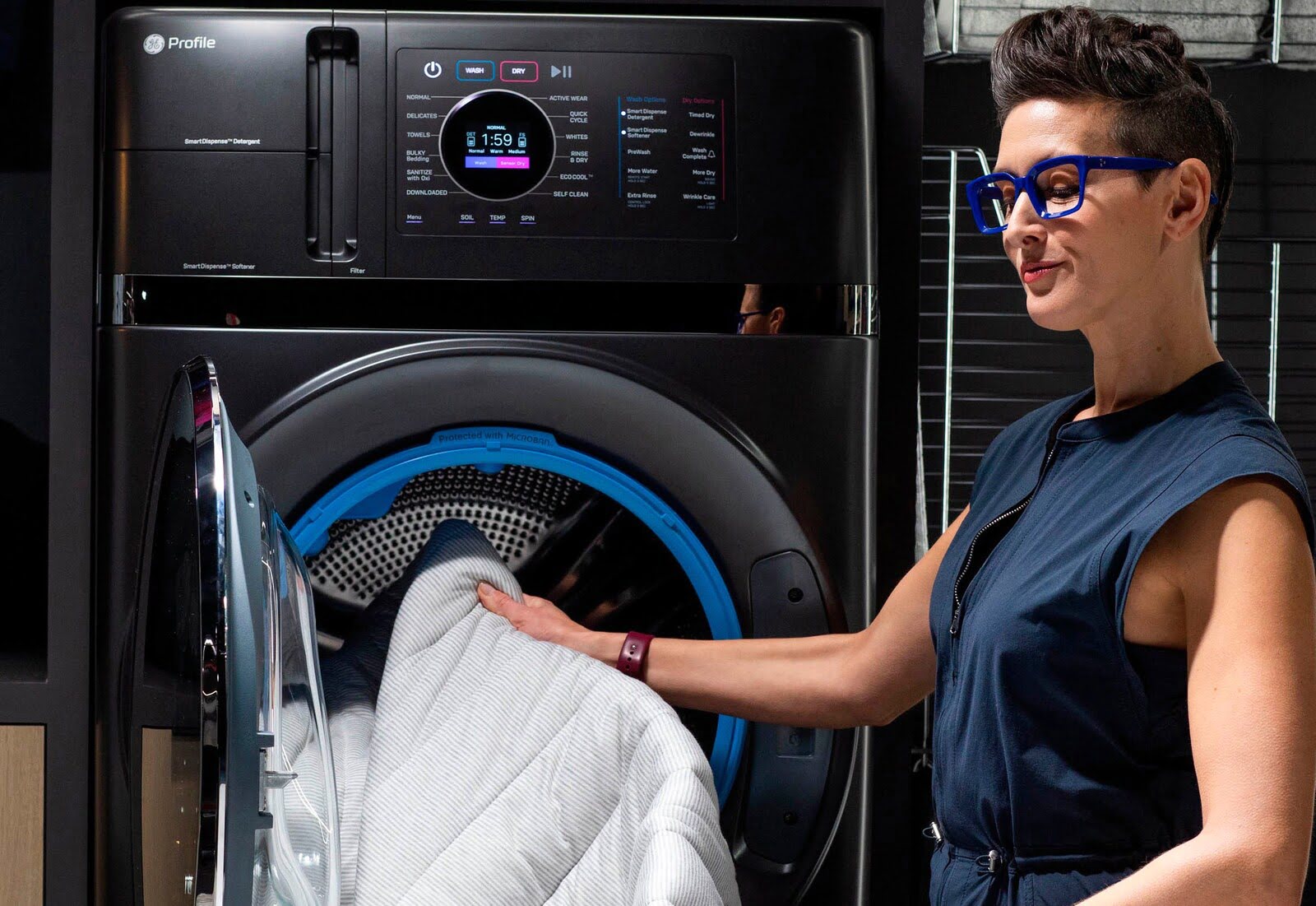
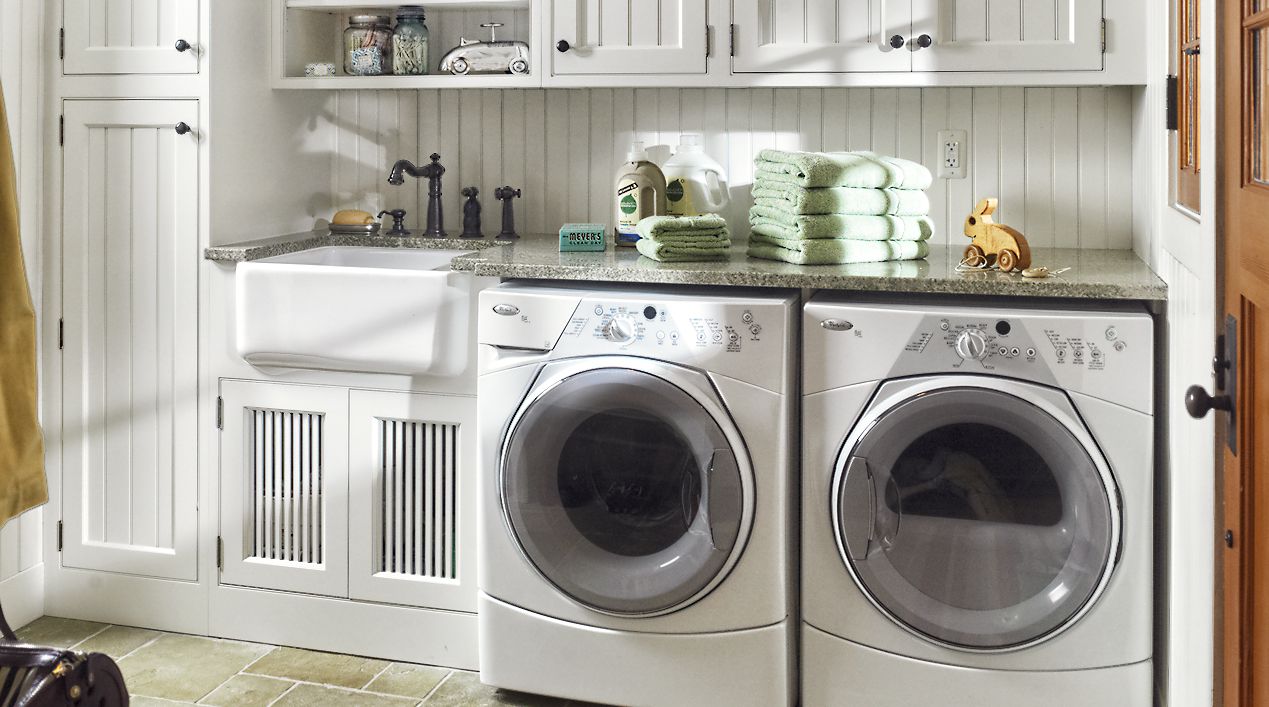

0 thoughts on “What Is The Best Washer And Dryer”